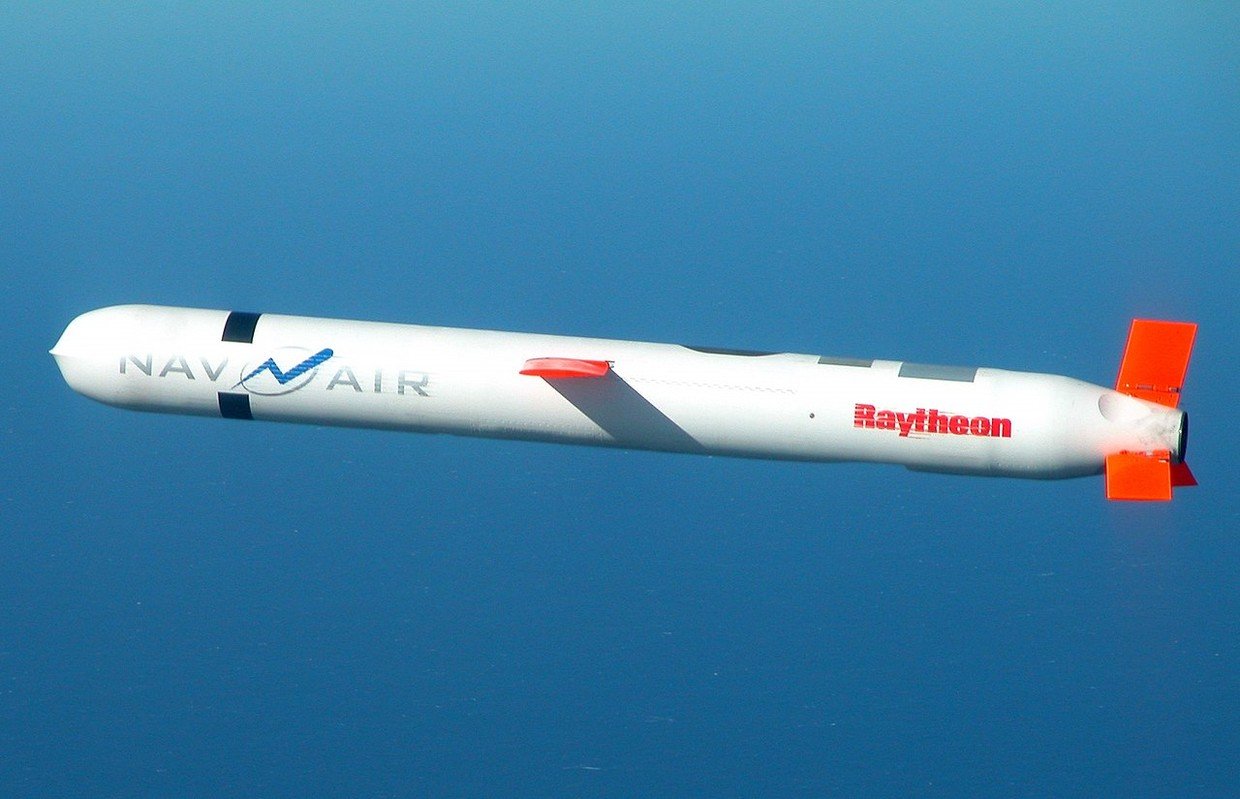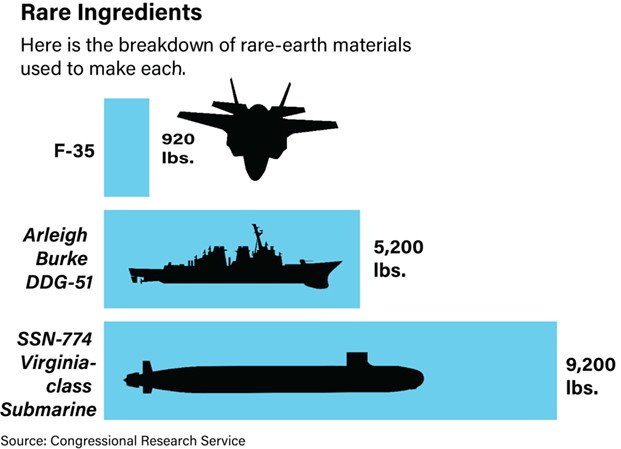China could use rare earth metals embargo to land killer blow on US defense industry
Amid an escalating trade war with the US, China has one potential ace in the hole. A ban on the export of rare earth metals could cripple the American weapons industry without firing a single shot.
Rare earth metals – a group of 17 chemical elements with special characteristics – are in hot demand in both military and civilian high-tech industries. Electric cars, cell phones, guided missiles, and fighter jets all need these precious elements, and China controls the bulk of the world’s share of them.
A ban on their export has long been considered Beijing’s ‘nuclear option’ in the ongoing trade dispute with Washington. After Chinese President Xi Jinping visited a rare earths facility last week, Global Times editor-in-chief Hu Xijin tweeted on Tuesday that China is “seriously considering restricting rare earth exports to the US.”
Based on what I know, China is seriously considering restricting rare earth exports to the US. China may also take other countermeasures in the future.
— Hu Xijin 胡锡进 (@HuXijin_GT) May 28, 2019
A state-linked news outlet, Global Times often indirectly communicates the policies of the Chinese government. The People’s Daily, a state-owned newspaper, was even more explicit in an article published on Wednesday.
“Will rare earths become a counter weapon for China to hit back against the pressure the United States has put on for no reason at all? The answer is no mystery,” read an editorial. “Don’t say we didn’t warn you.”
Vitally important to military
All of this potentially spells bad news for the American military industry. The US relies on China for 80 percent of its rare earth needs, and the weapons industry would be dealt a devastating blow if Beijing decides to flex its mercantile muscles and impose an export ban.
The US imported $160 million worth of rare earth metals and compounds in 2018, up 17 percent on the previous year, but significantly less than in 2012, when it imported $519 million of refined rare earths, according to figures from the US Geological Survey.
Neodymium alone is used to make strong and temperature-resistant magnets for missile guidance systems and fin actuators, disk drive motors in aircraft and tanks, satellite communications, and radar systems.

Nearly every guided munition in the US arsenal uses some combination of neodymium, dysprosium, praseodymium, samarium and terbium; from Tomahawk cruise missiles to Joint Direct Attack Munition (JDAM) guided bombs.
Other elements like erbium and ytterbium are vital in the production of laser weapons, like Lockheed Martin’s forthcoming ATHENA system, a high-powered laser that can burn drones out of the sky from thousands of meters away.
“Rare earth elements are central to the entire spectrum of defense technologies that are vitally important to military forces in many countries,”stated the Rare Earth Technology Alliance.
The F-35 fighter jet, already plagued by cost overruns, production delays, and safety and reliability issues, is a veritable smorgasbord of rare earth ingredients. Just one of the jets – currently under production for every branch of the US military and a host of allies – requires 920 pounds (417kg) of rare earth metals. Without a yttrium oxide-infused ceramic coating, the jet’s engines could not sustain supersonic speeds, and without the aforementioned magnets, the plane’s weapons, maneuvering, and communications systems would be rendered useless.
With more than 2,600 of these aircraft ordered, an export ban could deal the project a killer blow.
The F-35 is not the only military behemoth that would be affected. A Virginia-class nuclear submarine needs 9,200 pounds (4,170kg) of these elements, while an Arleigh-Burke guided missile destroyer needs 5,200 pounds (2,360kg).

The Trump administration is aware of the implications. Secretary of State Mike Pompeo, then CIA Director, warned the Senate Intelligence Committee about the Chinese threat in 2017.
“It’s a very real concern, and it obviously depends on the elements. But we use them for important technologies to keep us all safe,” he said.
Despite the concern, and despite yearly defense authorization bills ordering the Pentagon to get to work on recovering and recycling rare earth elements, the US was still woefully underprepared for any shock to the supply chain as recently as 2016.
A Government Accountability Office report that year found that the Department of Defense had “no comprehensive, department-wide approach to determine which rare earths are critical to national security and how to deal with potential supply disruptions to ensure continued reliable access.”
Absent this comprehensive approach, the ball is in China’s court for now.
Are rare earths that rare?
Rare earths or rare metals are not actually rare. They are, however, unevenly distributed.
China is home to an estimated 36 percent of the world’s rare earth deposits, yet controls 85-95 percent of the world’s production and supply. Alternate sources exist in Australia, Brazil, India, Malaysia, South Africa, and the US. Demand for these elements has exploded over the last 20 years, and China is acutely aware of their strategic importance, declaring them a protected good in 1990 and imposing strict export limits.
Beijing has already demonstrated a willingness to use its stranglehold on these metals to settle diplomatic disputes too. China temporarily halted exports to Japan amid a maritime dispute in 2010, forcing the Japanese to capitulate and release a detained Chinese fishing boat captain.
Think your friends would be interested? Share this story!














